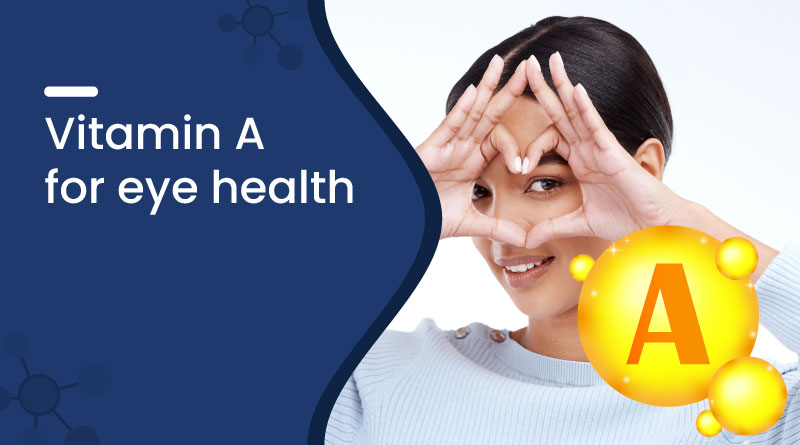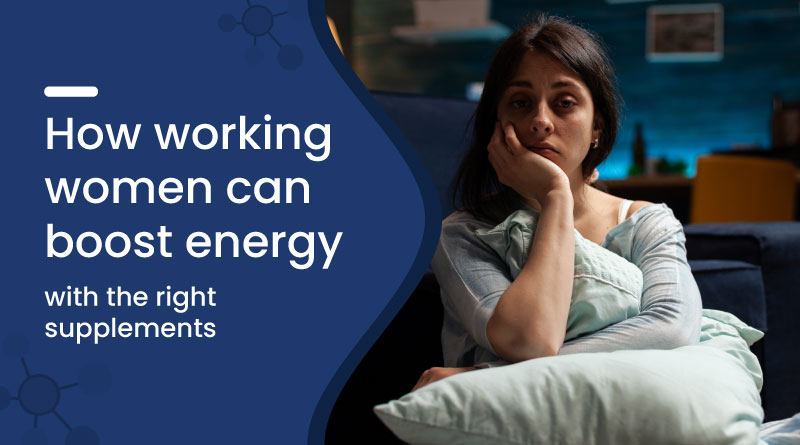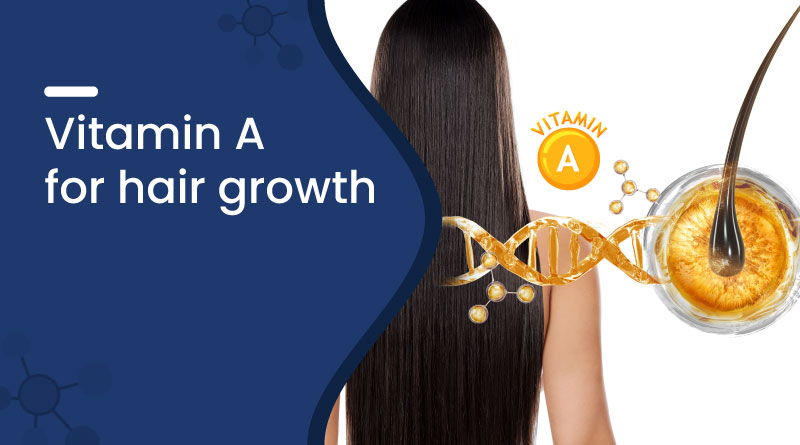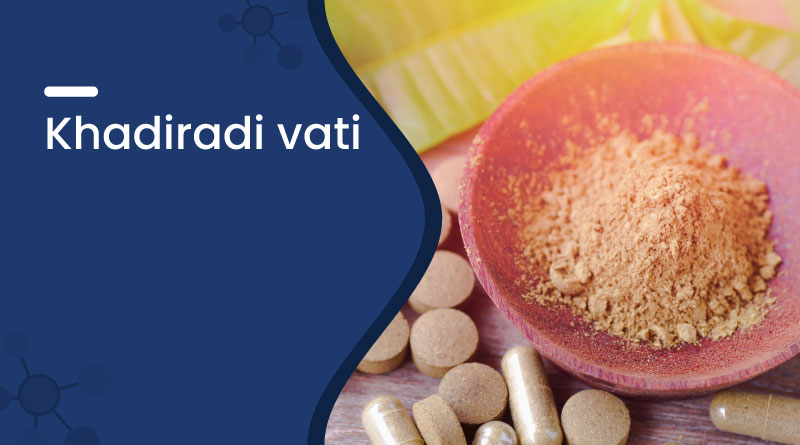Vitamin A for Eye Health – Benefits, Sources & Daily Needs


Vitamin A plays a very significant role in maintaining sharp vision and healthy eyes. Vitamin A is a fat-soluble vitamin with antioxidant properties and is crucial for the proper functioning of the eyes and overall visual performance. Through this blog, you will get to know about the role of Vitamin A in supporting eyesight, signs of deficiency, dietary sources, and tips for maintaining good eyesight.
How Does Vitamin A Help Your Eyes?
Vitamin A contributes to several aspects of eye health:
- Supports Night Vision: One of its most well-known benefits is helping the eyes adjust to low-light conditions. It forms a key part of rhodopsin, a protein in the eyes that helps us see in the dark.
- Prevents Dry Eyes: It aids in the production of moisture for the eyes, reducing the risk of dry eye syndrome.
- Protects the Cornea: Vitamin A helps maintain a clear cornea, the outer covering of the eye, keeping it healthy and damage-free.
- Reduces Risk of Age-Related Issues: Antioxidant properties of Vitamin A can help reduce the risk of age-related macular degeneration (AMD) and cataracts.
Signs of Vitamin A Deficiency in the Eyes
Not getting enough Vitamin A can lead to several eye-related issues. Also, in children, deficiency can even lead to complete blindness if left untreated. Here are some early warning signs:
- Night blindness or poor vision in dim lighting
- Dry eyes and discomfort
- Cloudy or ulcerated cornea, in severe cases
- Increased risk of eye infections due to compromised surface defenses
Best Dietary Sources of Vitamin A
Vitamin A exists in two main forms: Preformed Vitamin A (retinol) from animal-based foods, and Provitamin A (beta-carotene) from plant sources. A diet rich in colorful fruits and vegetables is a natural way to maintain healthy Vitamin A levels.
- Animal-Based Sources: Liver, eggs, dairy products, fish (salmon, mackerel)
- Plant-Based Sources: Carrots, sweet potatoes, mangoes, spinach, kale, and pumpkin.
Best Vitamin A Supplements for Eye Health
While most people can meet their Vitamin A needs through a balanced diet, supplements can be considered for individuals with absorption issues, restricted diets, or diagnosed deficiencies. However, it’s important to take supplements only under medical supervision, as excessive intake can be harmful.
| Product | Key Features |
|---|---|
| Zeelab Vision 28 Capsules | Supports eye health, enhances visual clarity, and helps relieve eye fatigue from prolonged screen exposure. |
Are There Any Side Effects of Vitamin A for Eyes?
Since Vitamin A is fat-soluble, it gets stored in the body, and excess amounts are not flushed out easily. Overconsumption, particularly through supplements, may lead to toxicity, also known as “Hypervitaminosis A”. Symptoms include:
- Nausea and dizziness
- Headaches
- Blurred vision
- Liver damage (in extreme cases)
Pregnant women should be particularly cautious, as too much Vitamin A can affect fetal development.
Who is at Risk of Vitamin A Deficiency?
While Vitamin A deficiency is more common in developing regions, certain groups of people are more prone to developing it, even with access to nutritious foods. These include:
- Children under 5 years of age, especially if they have a poor diet.
- Women during the pregnancy and breastfeeding stages have higher nutritional needs, which can make them susceptible to Vitamin A deficiency.
- Those suffering from disorders that impair fat absorption, such as Crohn’s, celiac disease, or cystic fibrosis.
- Individuals with liver disorders, since the liver stores Vitamin A.
- Those following restrictive or vegan diets may lack sufficient animal-based sources.
Quick Tips to Boost Eye Health Naturally
- Add colorful veggies like carrots, spinach, and sweet potatoes to your meals.
- Pair plant-based sources with healthy fats (like olive oil) to enhance absorption.
- Reducing screen use and avoiding smoking can help ease strain on the eyes.
- Get regular eye check-ups, especially if you experience vision changes.
Conclusion
Vitamin A is essential for keeping your vision clear and protecting your eyes from serious problems. Getting enough through a healthy diet is ideal, but it’s also important to recognize if you have too little or too much. By eating well and staying aware, you can easily help keep your eyes healthy for the future.
Frequently Asked Questions (FAQs)
Q. What is the main cause of night blindness?
A. Vitamin A deficiency is a common cause of night blindness.
Q. Can taking a Vitamin A supplement improve vision?
A. Yes, Vitamin A supports healthy vision, overall eye health due to the presence of antioxidants, and also helps prevent night blindness.
Q. Can pregnant women take Vitamin A supplements?
A. Pregnant women should be cautious while taking Vitamin A supplements, as excessive intake can also cause negative effects on fetal development.
Q. What should I eat to improve my eyesight?
A. To improve your eyesight, eat more Vitamin A-rich foods like green leafy vegetables (spinach, kale), carrots, sweet potatoes, mangoes, and dairy products (milk, cheese, butter, etc.).







 Added!
Added!